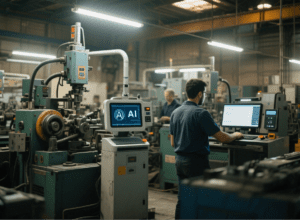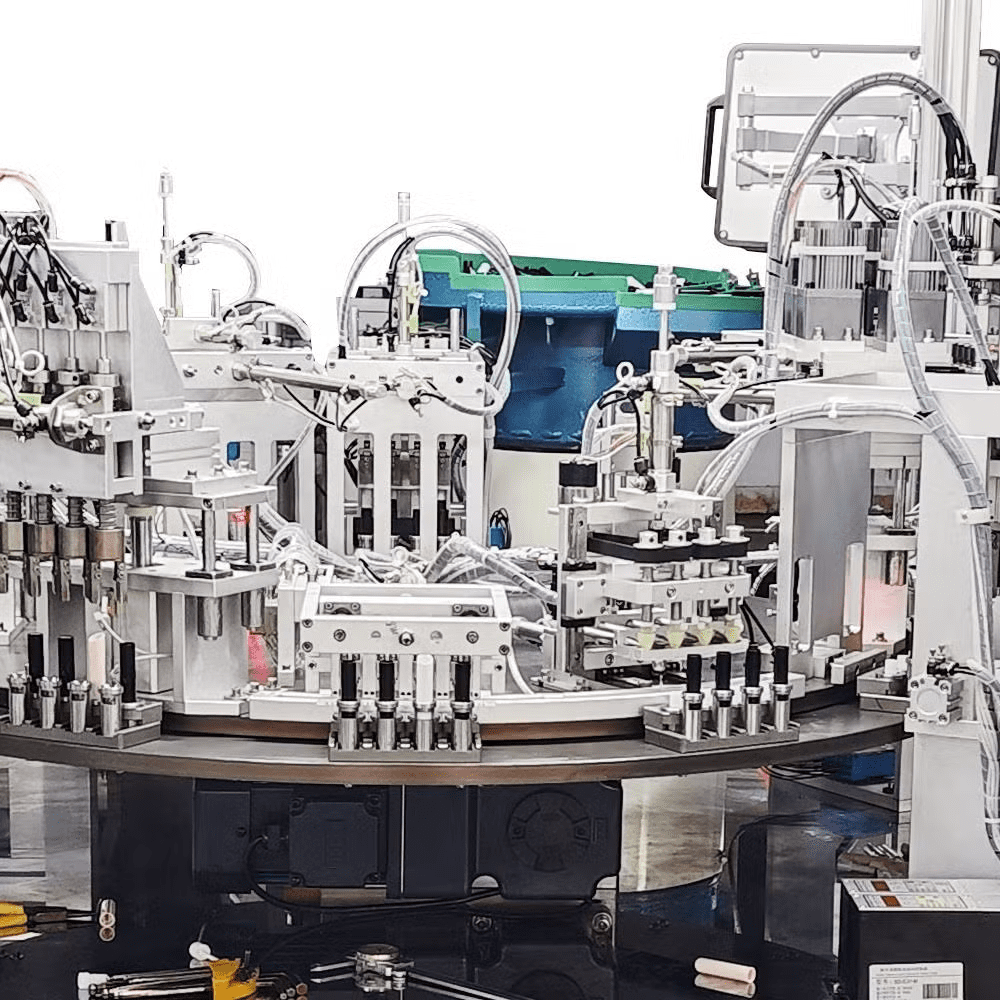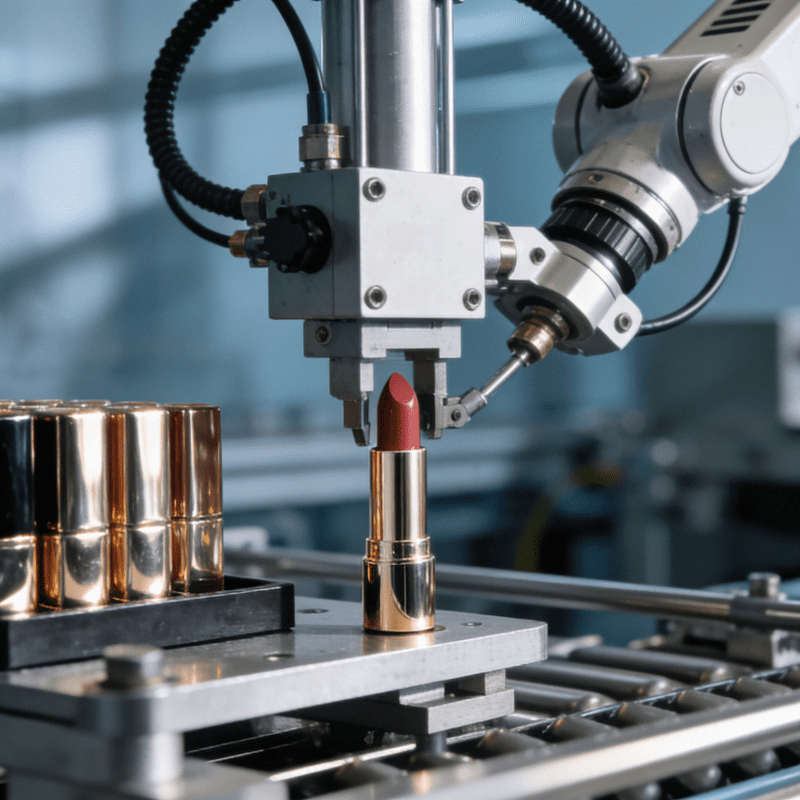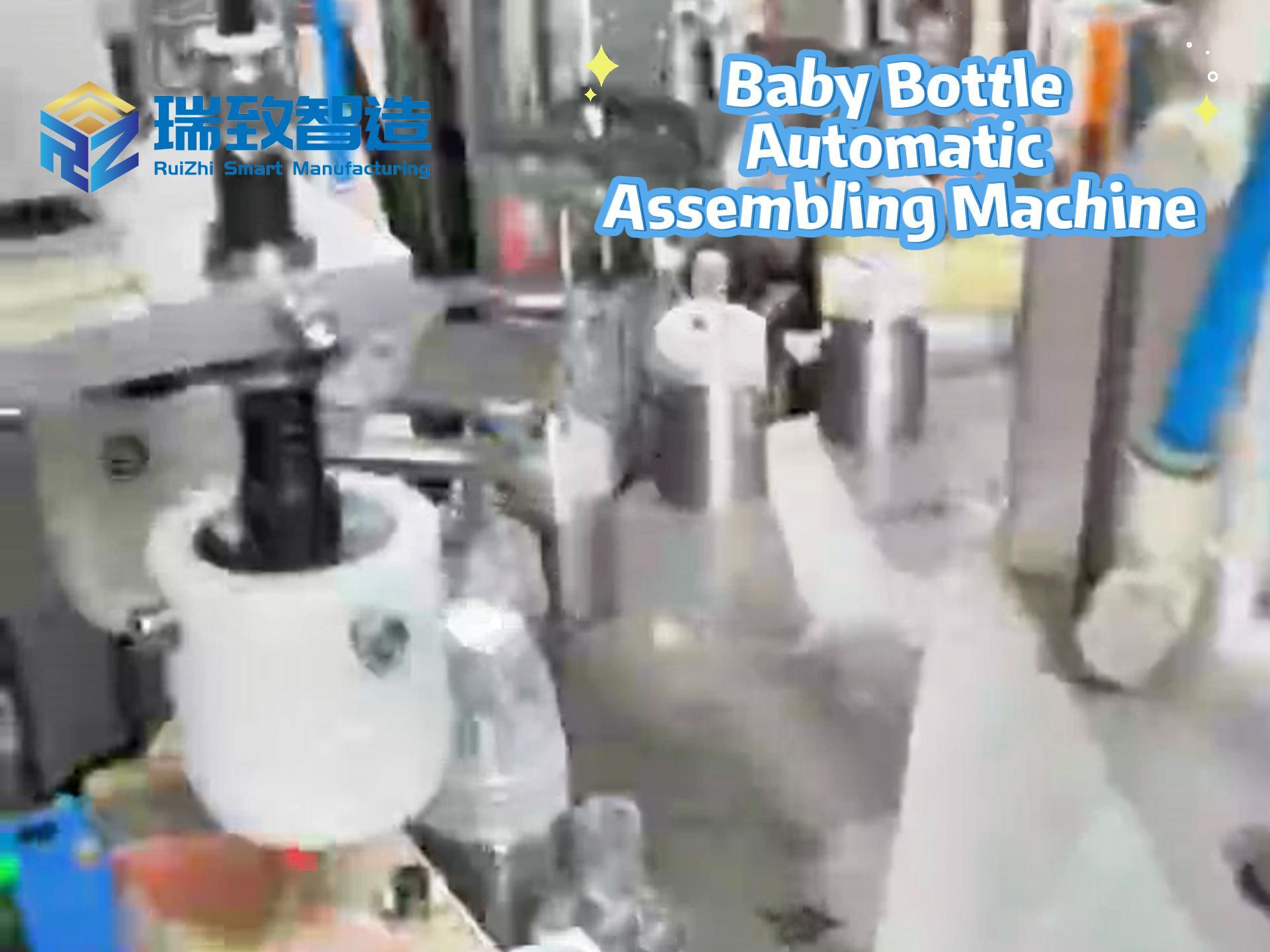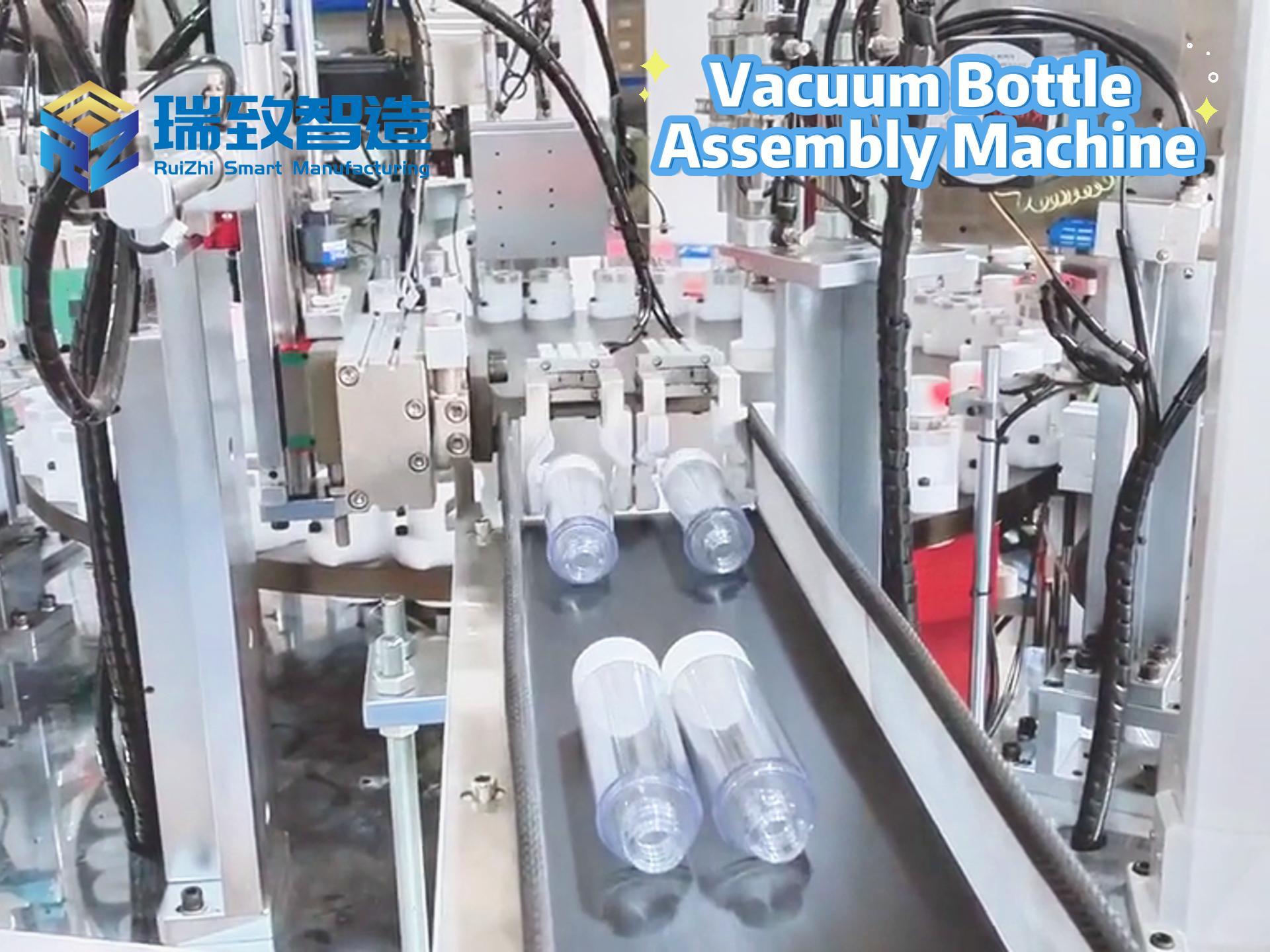Nine percent of Israeli businesses using AI reported that the technology has led to job cuts.
According to a survey by Israel’s Central Bureau of Statistics, 28% of Israeli businesses adopted AI in the past six months. This figure is comparable to the European Union’s rate over the same period but lower than Germany’s 44%.
The survey also found that AI adoption in Israel is three times higher in knowledge-intensive industries such as hi-tech than in traditional sectors like manufacturing and trade.
Sixty percent of businesses using AI stated that the technology now handles tasks previously done by humans. Among these, 44% noted that AI takes over “only routine and technical tasks,” while 16% said it handles tasks that “require thinking.”
Nine percent of Israeli businesses using AI indicated that the technology has affected their workforce size—a rate significantly lower than earlier projections. Five percent reported reduced recruitment due to AI, and the remaining 4% said they had cut existing staff because of the technology.
“AI is causing some job losses, but so far, the scale is smaller than initially forecast,” Gilad Be’ery of the Israel Democracy Institute, who analyzed the survey, told JNS on Sunday. “We’ve seen numerous studies suggesting that 50% of the workforce could be laid off, but while AI’s impact on employment is evident, it’s much less pronounced than previously predicted.”
The June survey, which included 1,200 Israeli businesses, did not specify a margin of error.
These findings suggest that while AI is gradually integrating into Israel’s labor market, its disruptive effect on employment remains limited for now—offering a window for businesses and policymakers to prepare for more significant shifts as the technology matures.
Is the operation process of the tap control button assembly machine complicated?
Can the operation process of the tap control button assembly machine be simplified?

